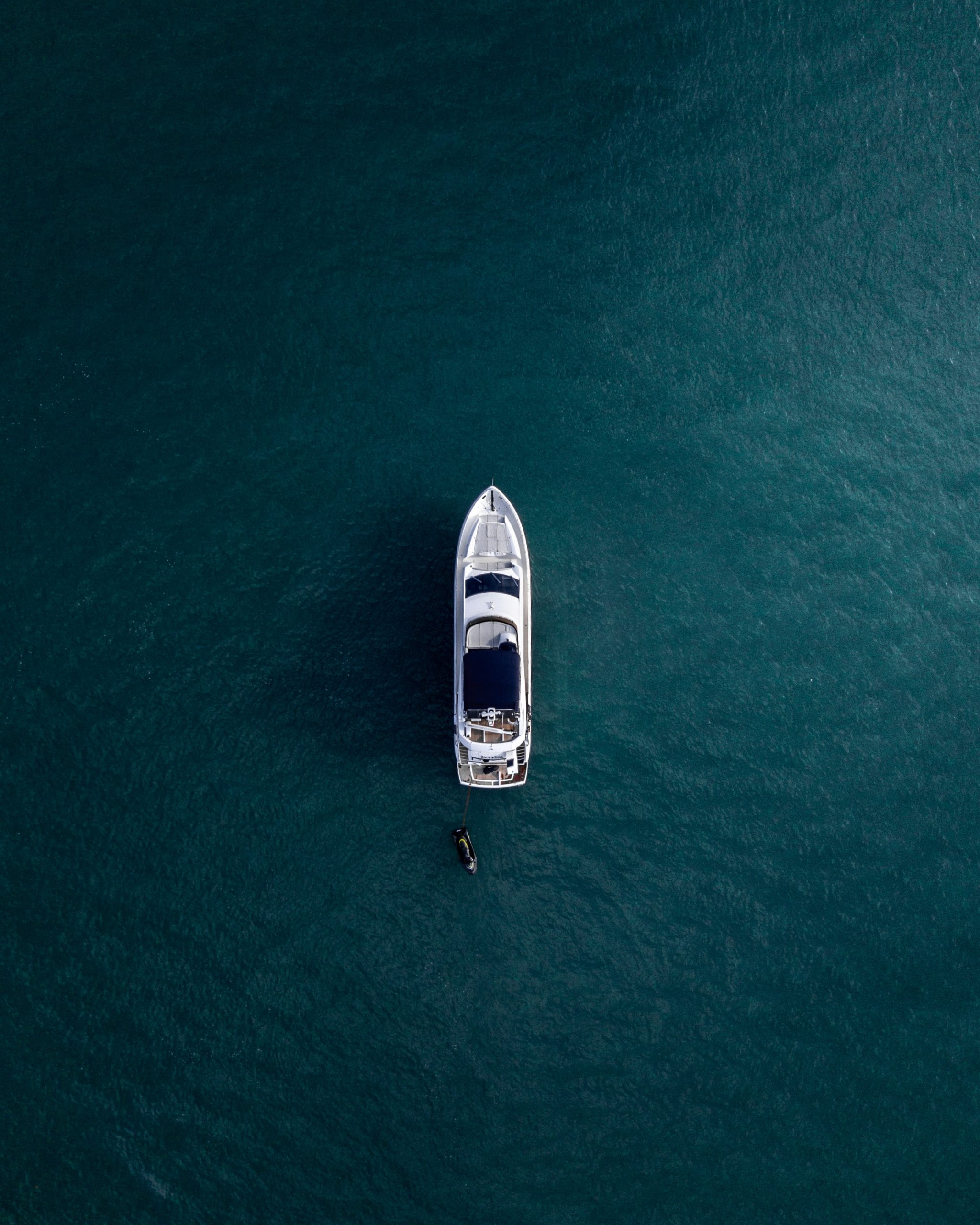
Running out of fuel is among the most embarrassing situations that can arise on the water and is the fourth most common reason people call for assistance.
Here are simple tips which will go a long way toward helping you avoid running out of fuel in the New Year.
Never trust the fuel gauge to avoid running out of fuel
You need to keep track of how much fuel is in your boat regardless of what your gauge says. In some boats, reading the gauge while the boat’s at rest can give you a different result than reading it while the boat’s on plane. Additionally, when you’re out on the water, all the sloshing that takes place can give you erratic or inaccurate readings. Not only are fuel gauges on boats notoriously inaccurate, on new boats they may or may not have been properly calibrated at the factory.
Fill your tank up after each and every trip, whether you need to or not
Always leave your slip knowing you have plenty of fuel aboard as well as knowing the amount of fuel. Know your tank’s capacity. Keeping your tank full will reduce condensation buildup in your tanks, which can become problematic.
One-third out, one-third back, one-third in reserve
Keeping track of how much fuel you’ve burned is much easier with newer boats than with older ones because most built these days display digital fuel-flow data at the helm. Keep track of consumption and consider a full third of your fuel capacity in reserve. This makes the chances of ever running out go way down. Many experienced mariners consider a 10% fuel reserve sufficient. And most of the time they’re right. But planning on a full third of reserve is about as safe as it gets.
Remember there are countless factors coming into play when considering your fuel burn. How heavy the load is and weight distribution in the boat, how the drive(s) are trimmed, the condition of your propellers, and many other variables can all have an effect on your fuel consumption.